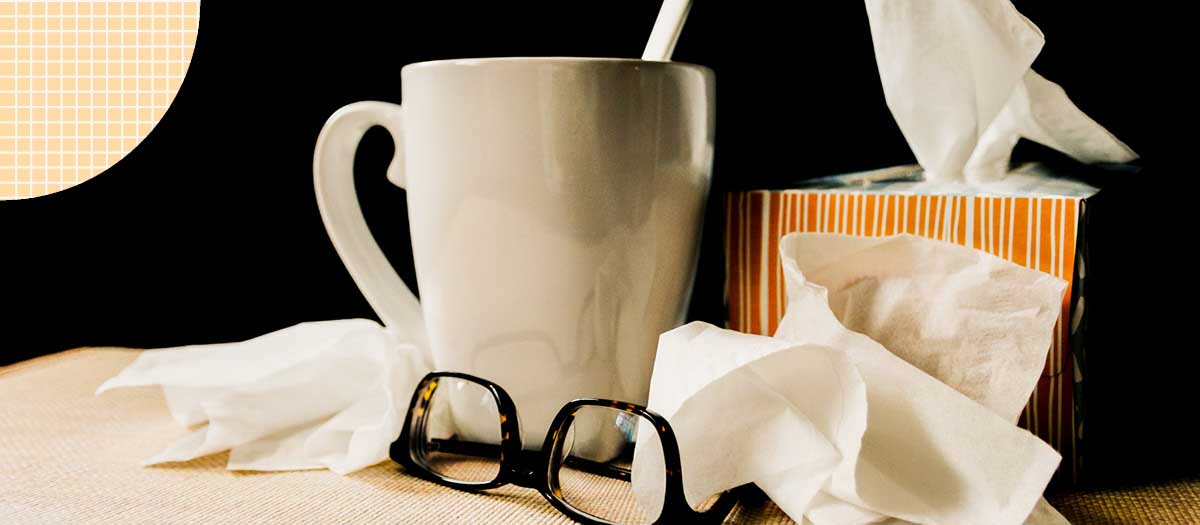How Allergies Can Affect Your Dental Health

Allergy season brings with it sinus problems, sneezing, itchy, watery eyes, and other symptoms that make you feel miserable. But did you know that allergies could affect your teeth?
Dry Mouth: More Than Just Uncomfortable
If you suffer from allergies, your mouth might become dry because you’re forced to breathe through your mouth instead of your nose. On top of that, the antihistamines that you take to combat your symptoms could cause dry mouth, or xerostomia.
Sure, dry mouth is uncomfortable and annoying, and your discomfort is probably what you’re focused on most. But the truth is that having a dry mouth could also boost your odds of developing bad breath, gum disease, and, yes, cavities. After all, without adequate amounts of saliva helping to wash bacteria off your teeth and gums, the bacteria will be able to thrive and multiply.
Toothache: It Might Not Be a Cavity
When your body is allergic to dust and pollen, you’re also likely to develop mucus in your sinuses, resulting in pain in your face. The maxillary sinuses (your largest sinuses) are found above the mouth, so when pressure builds, it also puts pressure on the upper molars.
As a result, you might start feeling sensitivities to cold or hot foods and drinks, or you might notice the pain as you shift into different positions, such as standing up or lying down. If antihistamines bring relief, the tooth pain likely isn’t caused by decay, and your allergies are probably to blame.
Malocclusion: A Potential Problem in Children
Allergies could also adversely affect the teeth of young children. Kids who have chronic nasal congestion may be more susceptible to malocclusion, or misaligned teeth.
Because they’re forced to breathe through their mouths, children dealing with allergies could develop an abnormally shaped palate, and that could cause the teeth to grow in crooked, requiring orthodontics to correct the problem.
You Can Keep Allergies from Affecting Your Oral Health!
There are a few easy ways to tackle allergy symptoms before they can create more problems:
-
Gargling with salt water could help remove mucus from the sinuses, relieving pressure. Plus, it can reduce the number of bacteria in the throat and mouth.
-
Drinking plenty of water throughout the day will help ensure your mouth remains properly hydrated, especially if you’re dealing with dry mouth. When your body is hydrated, it will also be better equipped to remove excess mucus naturally.
-
Talking to your doctor about your allergy symptoms is recommended, as he or she can prescribe the appropriate medications to give you much-needed relief.
Allergies or Tooth Problems? Get Answers from Your Dentist
If you are suffering from allergies and oral symptoms, see your dentist for a checkup. He or she will be able to determine if your symptoms are actually caused by allergies or if there are dental problems that need to be treated.
Now that you know how allergies can affect the health of your mouth, you can take steps towards not only getting relief from your symptoms but also keeping your mouth happy even during the worst allergy seasons.
